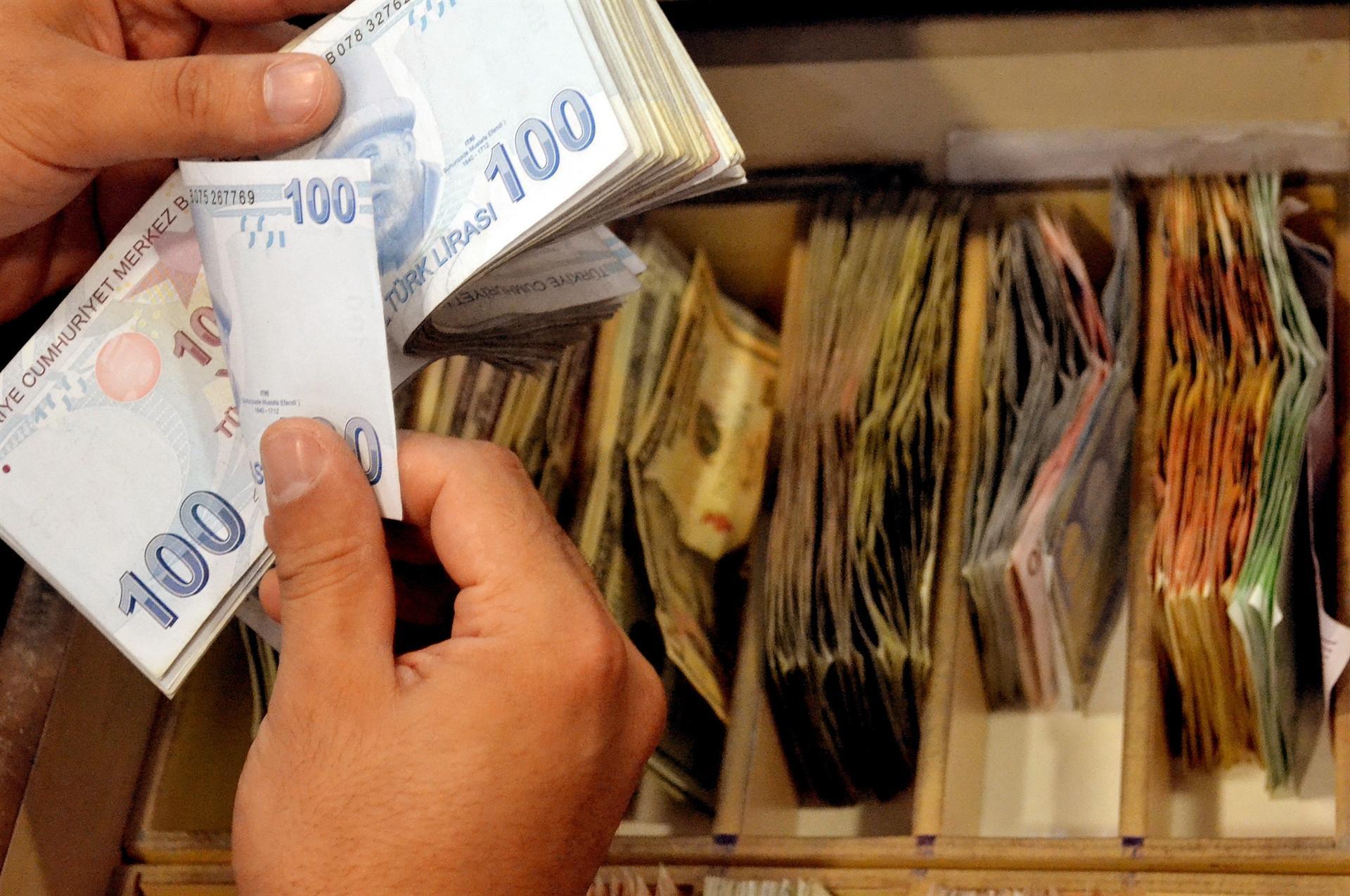
The International Monetary Fund on Sept. 6 urged Turkish authorities faced with a falling currency and surging inflation to pursue “sound” economic policies to stabilize the situation.
However, the government in Ankara has not requested financial support from the global crisis lender, spokesman Gerry Rice told reporters.
“We continue to monitor developments closely. Again, I want to be clear, there has been no request from Turkey for an IMF financial program,” he said.
The crisis has hammered the nation’s currency, which has lost about 25 percent over the past month, and pushed inflation in August to a 15-year high.
Rice said that “in light of ongoing market volatility we believe the authorities would benefit from demonstrating a clear commitment to sound economic policies.”
And a critical part of this is “to ensure the full operational independence of the central bank to pursue its mandate of achieving price stability.”
Talks with Argentina
Talks with Argentinian officials to strengthen and accelerate a crisis loan package for the country’s battered economy are “very active,” Rice also said.
Officials are working to conclude the talks “as rapidly as possible,” Rice told reporters.
He declined to provide any details on the terms under discussion, including whether Argentina would seek additional funding beyond the $50 billion, three-year loan approved in June.
“The dialogue is very active right now.”
Argentina’s Finance Minister Nicolas Dujovne and his team arrived in Washington earlier this week to negotiate terms to allow a more rapid disbursement of IMF funds. The country has received $15 billion so far, but any changes required approval from the IMF board.
But Dujovne on Sept. 5 denied he was seeking additional funding, saying the existing amount “is what is needed.”
President Mauricio Macri is under increasing pressure as the peso has plunged -- despite intervention from the central bank -- and the recession worsens.
And he is facing growing opposition from the public for seeking help from the IMF, which has a bitter history in the country and is blamed for the economic woes.
However, Rice stressed, “Argentina is very different today than it was the last time it engaged with the IMF, and the IMF is a very different institution.”